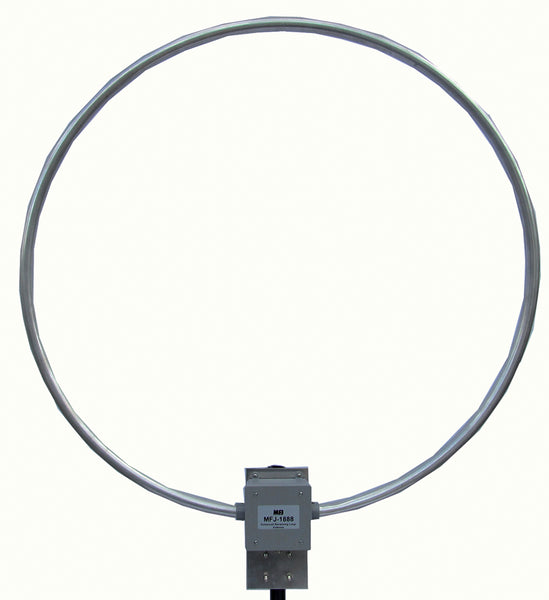I used to own an MFJ-1886 loop antenna. I sold it and regretted it ever since. Now I see MFJ has a new(?) loop, MFJ-1888 that comes with a 4-port multi-coupler! This is really tempting as I recently bought an ICOM IC-R8600 receiver. I'm not sure how long the 1888 has been available. The YouTube review below does have a comment on it that is from one year ago. Anyone here have one, and if so could you please post your experience with it.
MFJ-1888, LOOP, HIGH PERFORMANCE RECEIVING, .5 TO 30 MHz

 mfjenterprises.com
mfjenterprises.com
Here is a short YouTube review on the MFJ-1888:



MFJ-1888, LOOP, HIGH PERFORMANCE RECEIVING, .5 TO 30 MHz

MFJ-1888, LOOP, HIGH PERFORMANCE RECEIVING, .5 TO 30 MHz
Like the MFJ-1886, covers 50 KHz to 34 MHz (reduced gain to 80 MHz), adjustable gain 1 to 12 dB, and also includes theMFJ-1888MC remote multicoupler controller. +23 dB P1dB and +30dB IP3. Noise Figure: 1.7dB. Multi-coupler has four output ports and one input. +15dB IP3. Noise figure: 2dB...
 mfjenterprises.com
mfjenterprises.com
Here is a short YouTube review on the MFJ-1888:




